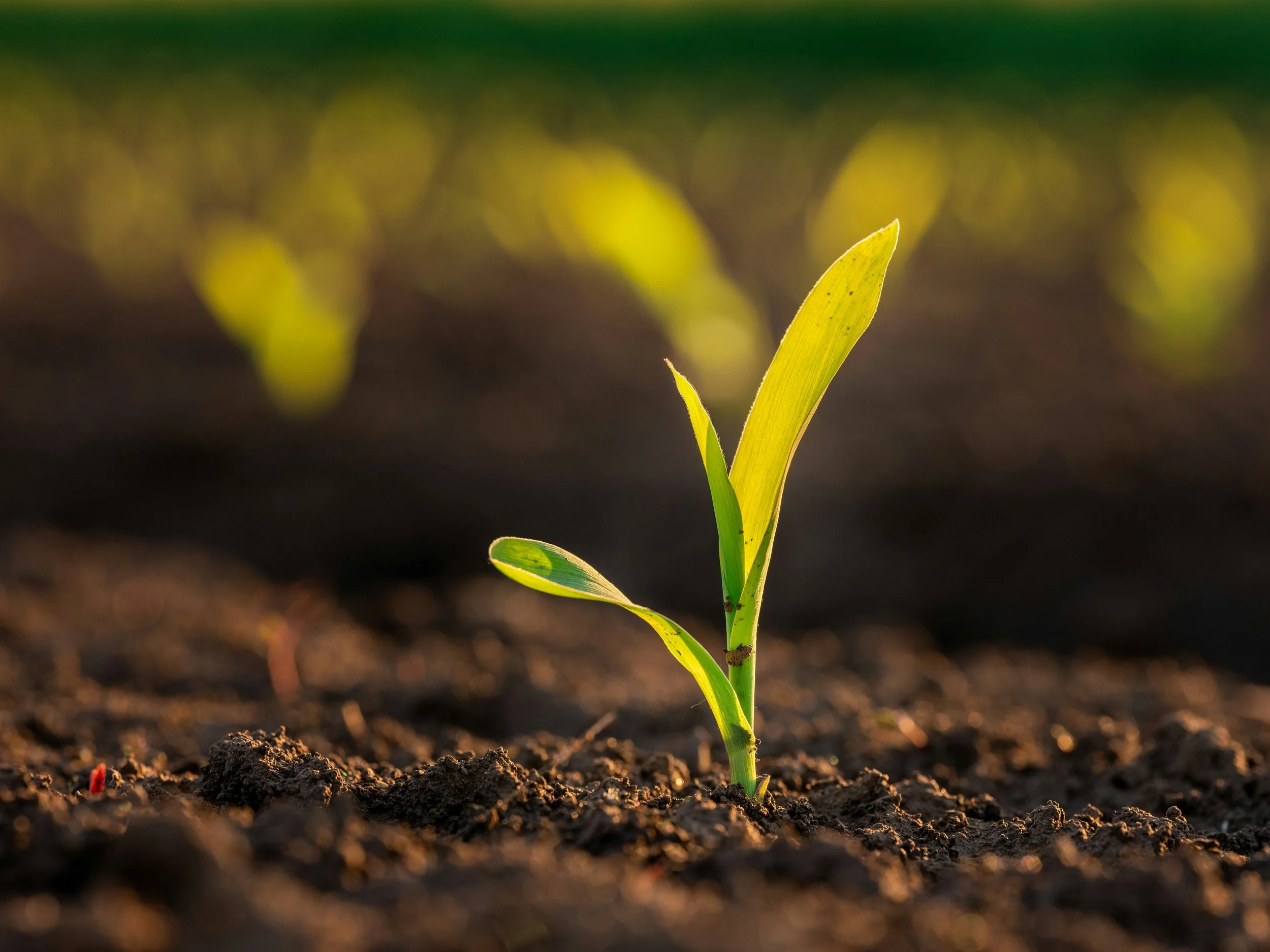Patience: Trusting the Slow Work
There are seasons of life when waiting feels unbearable. We pray, we plan, we work hard, and still the answers don’t come. The progress feels invisible. The road ahead seems hidden by fog.
It’s in those seasons that patience asks us not to give up, but to lean in.
James wrote: “But let patience have her perfect work, that ye may be perfect and entire, wanting nothing.” (James 1:4). There’s something about patience—about not rushing the process—that completes us in ways nothing else can.
But patience is often misunderstood. It’s not about resignation or doing nothing. It’s about cultivating a quiet strength in the midst of uncertainty. It’s the active trust that growth is happening, even when we can’t see it yet.
Elder Dieter F. Uchtdorf explained: “Patience means active waiting and enduring. It means staying with something and doing all that we can—working, hoping, and exercising faith; bearing hardship with fortitude, even when the desires of our hearts are delayed.” (General Conference, Oct 2010).
The Qur’an echoes this truth: “Indeed, Allah is with the patient.” (Surah 2:153). Patience is not being left alone in silence; it is the assurance of presence. God is with us in the waiting.
Buddhism offers a similar insight: “A jug fills drop by drop.” (Dhammapada 122). Transformation is often invisible in the moment. Drop by drop, day by day, something fuller is forming.
The Stoic philosopher Seneca reminds us: “No great thing is created suddenly.” The oak tree does not sprout overnight; neither does the soul transform in an instant.
President Russell M. Nelson has taught that patience is a form of spiritual trust: “The Lord loves effort, because effort brings rewards that can’t come without it. That effort includes patience with ourselves and with the timing of the Lord.”(General Conference, Apr 2020).
Elder Gerrit W. Gong added this tender perspective: “Faith means trusting God in good times and bad, even if that includes some suffering until we see His arm revealed in our behalf.” (General Conference, Apr 2019). Patience is part of that trust—choosing to believe before the evidence appears.
Elder Neal A. Maxwell’s words still ring true: “Patience is tied very closely to faith in our Heavenly Father. Actually, when we are unduly impatient, we are suggesting that we know what is best—better than does God. Or, at least, we are asserting that our timetable is better than His.” (General Conference, Apr 1978).
When I reflect on my own life, I can see the places where impatience led me to force outcomes or rush into decisions. And I can also see the quiet miracles that unfolded only because time was allowed to do its work. Friendships that deepened slowly. Healing that came in stages. Insights that could not have been hurried.
Perhaps that is the gift of patience: it teaches us to value the unseen, to trust the process, and to believe that what is hidden today may be revealed in its perfect time.
So this week, I’m asking myself:
Where do I need to release my grip and let the slow work continue?
Can I choose to believe that what feels dormant is not dead, but growing roots I cannot yet see?
Reflection Question: Where in your life are you being invited to trust the slow work of growth?

